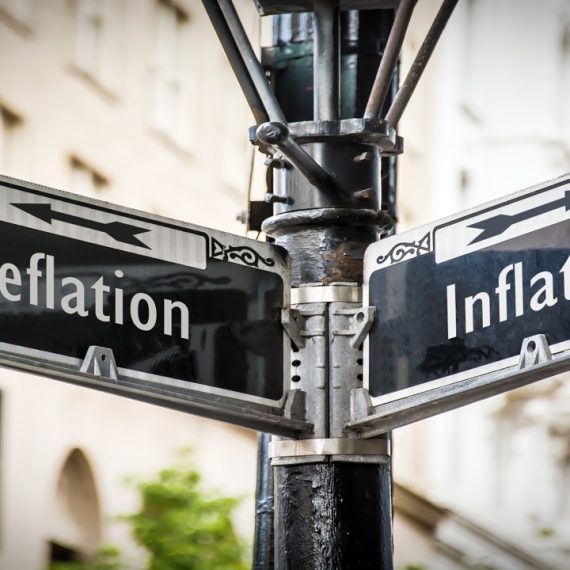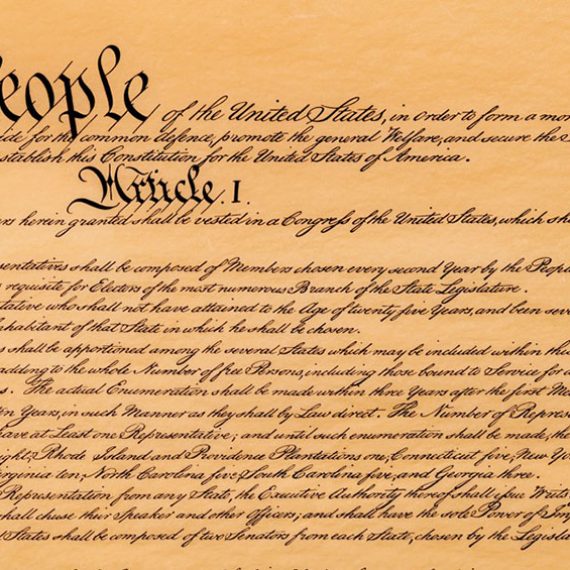May 5, 2010 – Much has been made over the gold purportedly owned and controlled by the IMF. There are many unanswered questions about this gold’s true status, and more to the point, whether this gold is really nothing more than phantom bookkeeping entries.
Instead of owning gold, the IMF may just own claims to the portion of the “Gold & Gold Receivables” that was ‘paid’ to the IMF as subscriptions for membership by the countries that joined the IMF. In other words, through their central banks, countries have given a claim to the IMF for the gold reserves they have in their vault, if any, and the gold they have removed from the vault to loan to bullion banks as a fundamental tool of the gold price suppression scheme so thoroughly and painstakingly documented by GATA since its founding more than ten years ago.
So does the IMF really own gold? Or does is only own claims to gold, some or all of which has been removed from central bank vaults and loaned?
The IMF isn’t saying. It hopes to continue following the standard practice of all central bankers to hide behind closed doors to avoid any accountability to the public. In the words of Chris Powell, GATA’s co-founder: “The protocol is that the IMF never puts itself in a position that might disclose that it has no gold at all, might disclose that the IMF has only the most tenuous claim on the gold reserves of its members and that its supposed gold transactions are really only bookkeeping entries whose primary purpose is indeed to spook the gold market.”
So instead of straightforward answers from the IMF to reveal the truth, we need to rely on bits and pieces of evidence that become available, which we can then ponder in order to reach a logical conclusion. In other words, even though the IMF may be loathe to admit it, 1+1 still equals 2.
It was therefore startling to read some important anecdotal evidence about IMF accounting practices in today’s Wall Street Journal. In an article entitled “Who’s on the Hook for the IMF’s Greek Bailout?” the WSJ made some valuable and revealing comments about the way IMF accounts for funds supposedly ‘given’ to it by its members. Here is what the WSJ had to say:
“The IMF is akin to a global credit union. Members kick in money. The institution’s board lends it out.
Each member has a “quota” – that is, a financial stake in the IMF, expressed as a percentage – and contributes accordingly. The U.S. quota is 17.09%, followed by Japan at 6.12%, Germany at 5.98% and France and Britain at 4.94% each.
Does that mean that the U.S. is responsible for 17% of the IMF’s portion of the Greek package? Not exactly.
First, though all countries are theoretically responsible for investing in the IMF’s lending pool, not all of them have currencies that potential borrowers can use. (Think of Zimbabwean dollars or Venezuelan pesos.)
The IMF doesn’t say that outright. Instead, it uses the concept of “usable resources,” meaning it uses money from countries that are considered financially sound. About 21% of the quota contributions to the IMF were “non-usable,” according to the IMF, as of January 2010.
Because the U.S., Japan and big European countries are in the “usable” camp, they finance a larger percentage of IMF funding than their quota would suggest. It isn’t possible now to pinpoint those percentages, for several reasons. The IMF draws on funds that are pledged to it but that continue to be held in national central banks.” [emphasis added]
Now replace the word “funds” in the above sentence with “gold”.
If countries don’t even transfer to the IMF the national currencies these countries can create out of thin air with bookkeeping entries, are they really going to transfer to the IMF the physical gold they hold in reserve and simply pledged to the IMF?
I think we can therefore safely conclude why the IMF flatly refused to answer some simple but pointed questions about the state of its gold holdings from reporter Vince Veneziani of Business Insider. The IMF doesn’t have any gold.
So I say ignore the IMF’s bluster. It is merely anti-gold propaganda from a paper tiger.
As a consequence, don’t get spooked into selling your physical metal, and don’t let the IMF bluster stop you from continuing to accumulate physical metal. As the sovereign debt crisis continues to spin out of control to reveal the plight of the bankers who desperately fear the huge losses they will incur on the worthless sovereign paper they own, we need gold now more than ever.



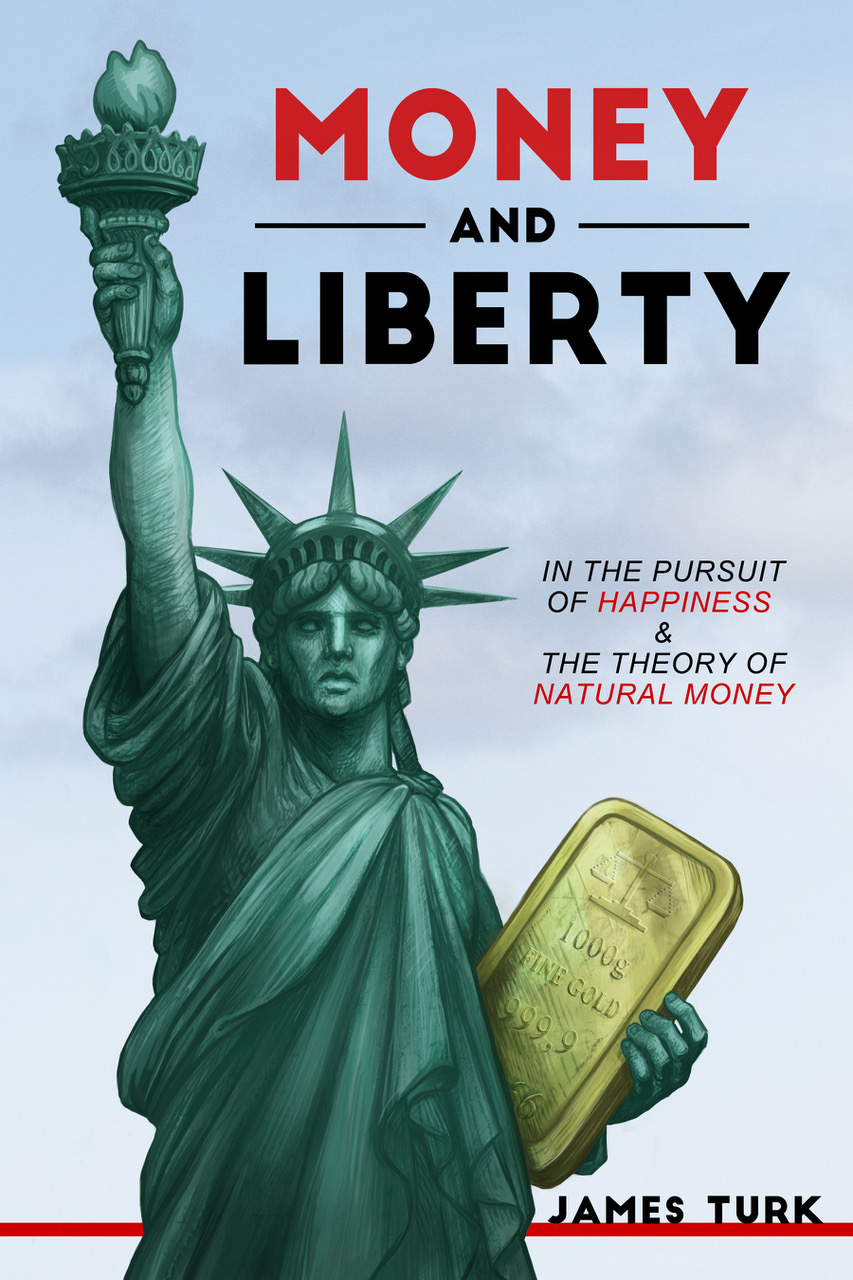
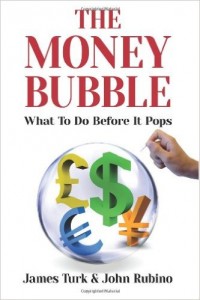
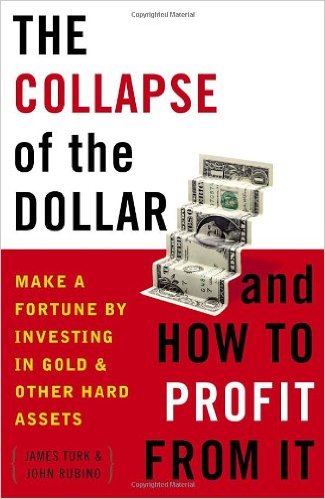
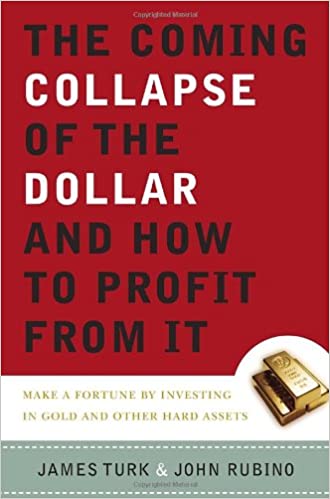
 My objective is to share with you my views on gold, which in recent decades has become one of the world’s most misunderstood asset classes. This low level of knowledge about gold creates a wonderful opportunity and competitive edge to everyone who truly understands gold and money.
My objective is to share with you my views on gold, which in recent decades has become one of the world’s most misunderstood asset classes. This low level of knowledge about gold creates a wonderful opportunity and competitive edge to everyone who truly understands gold and money.